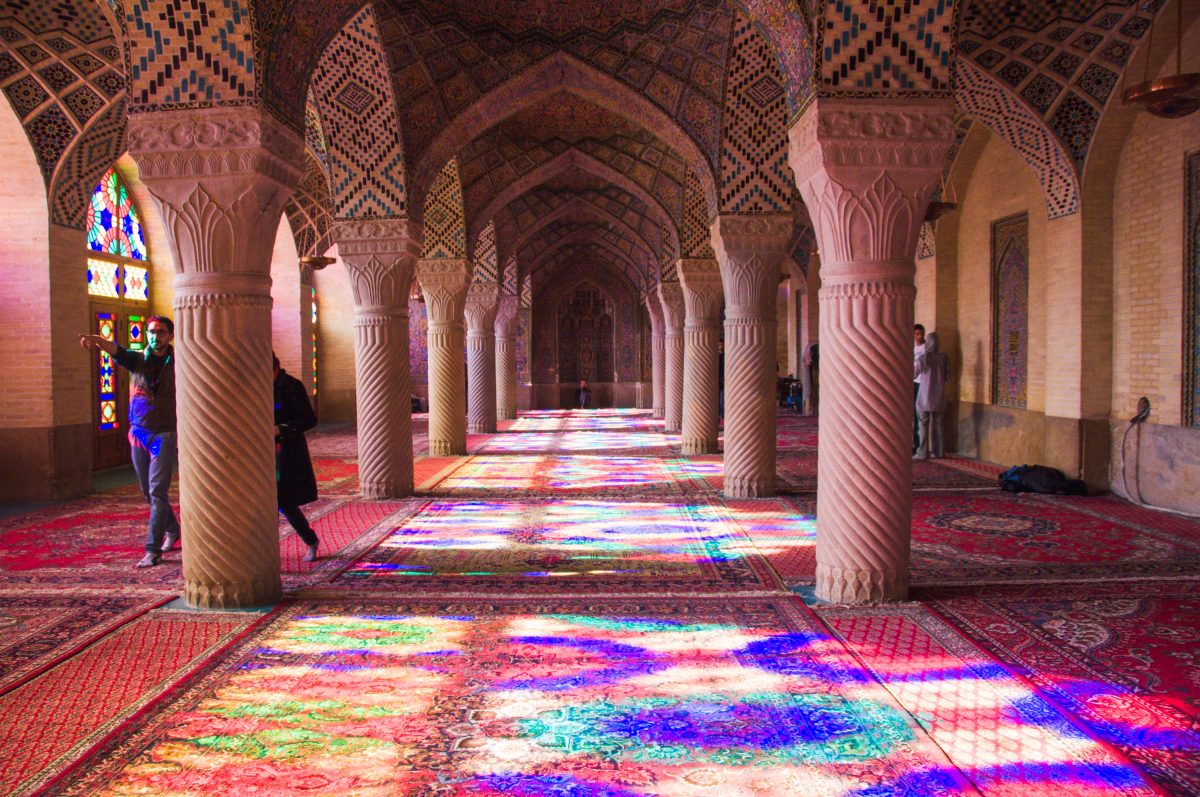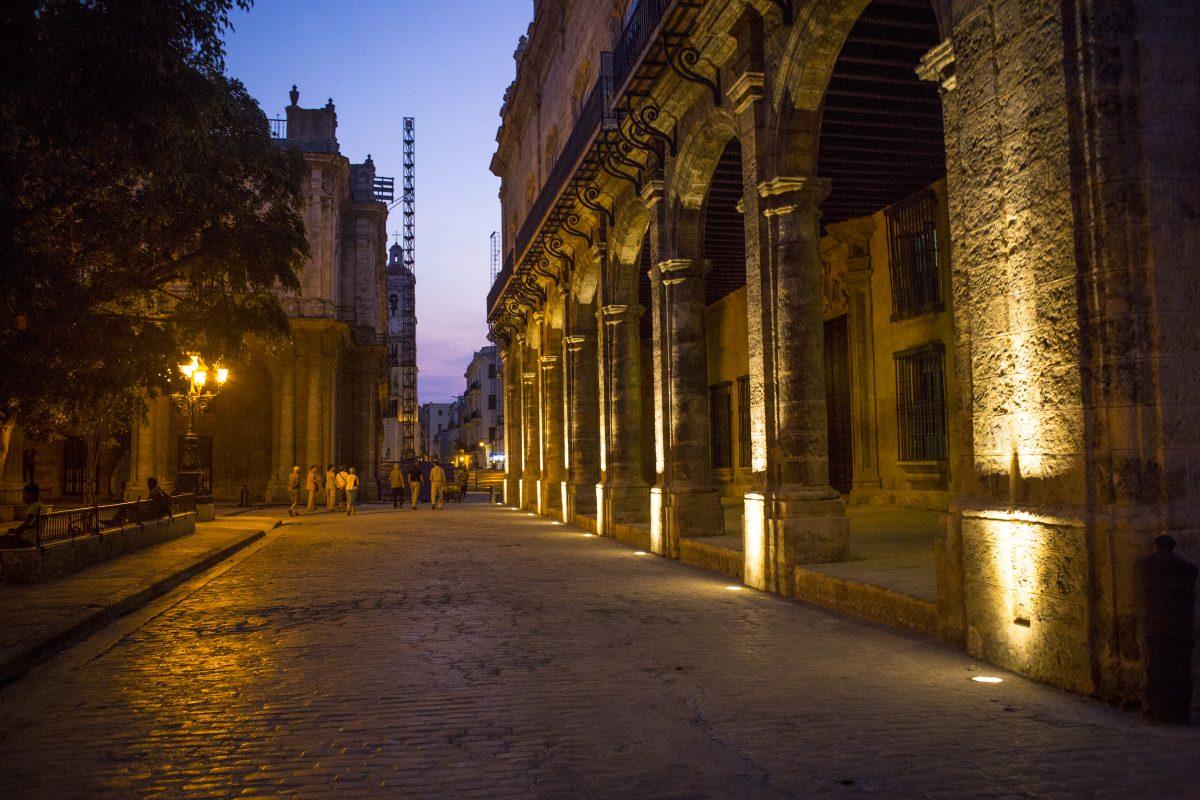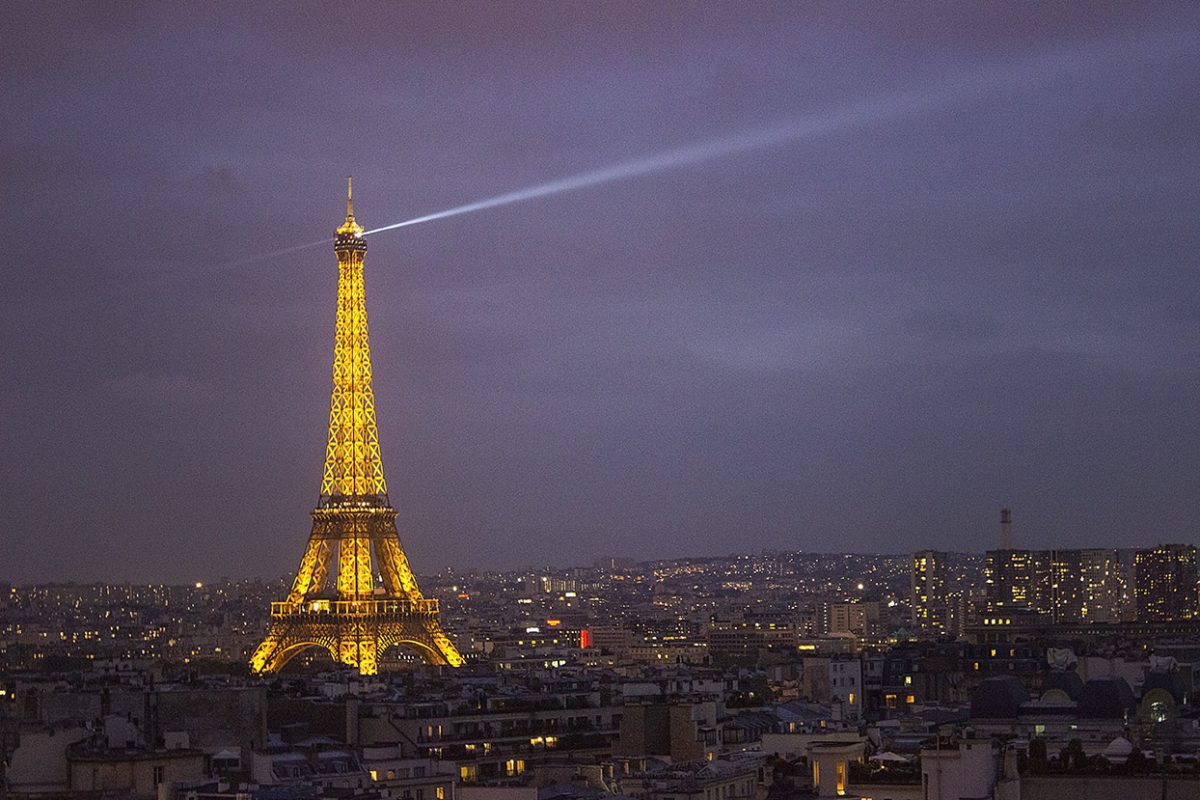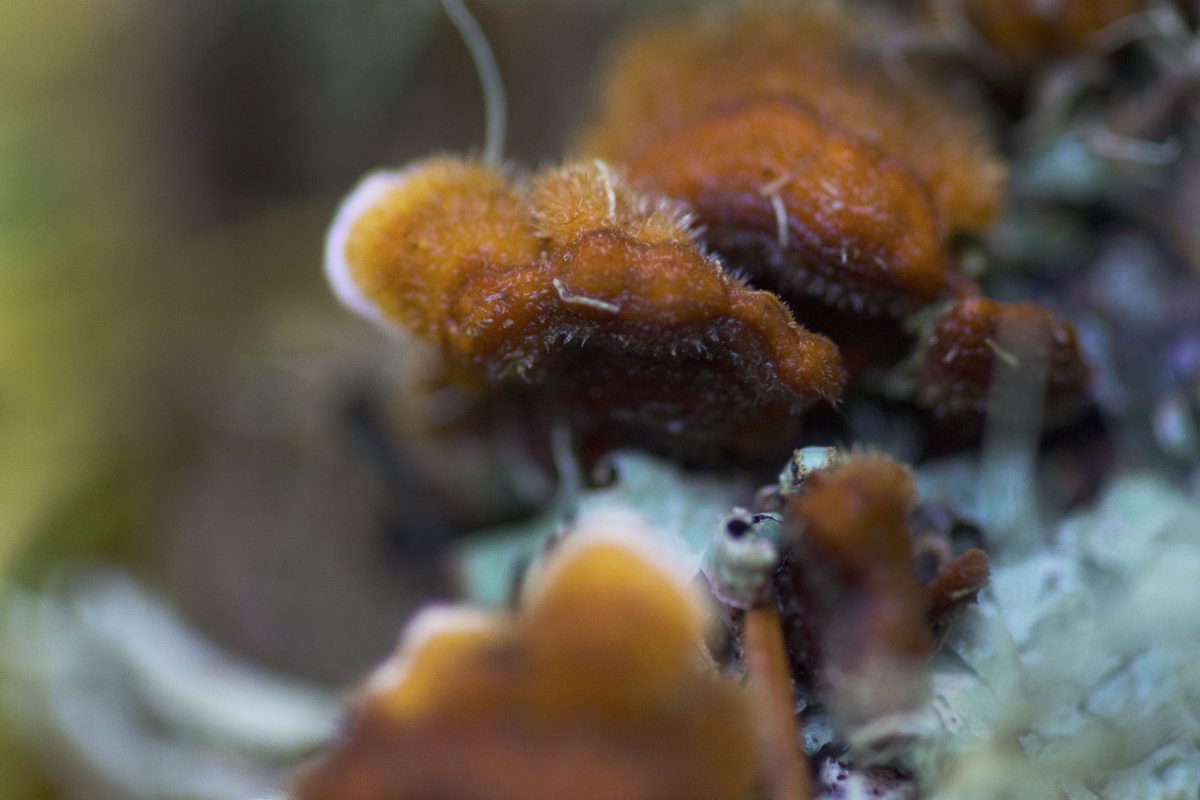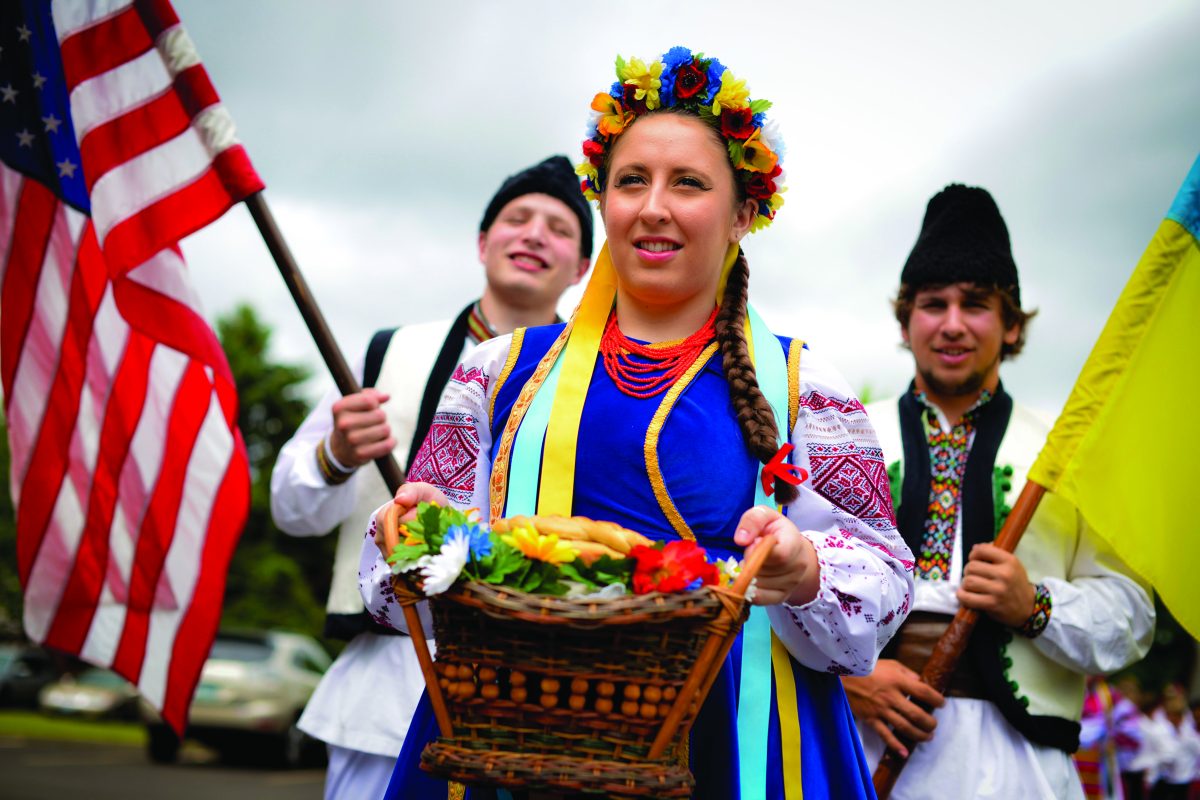Story by Nina Strochlic
All documents courtesy of the Strochlic Family
When my feet hit the airport tarmac, I had no notion of what to expect from Poland, the country where my grandparents had grown up. In the late 1930s, they were forced from their homes into ghettos, and later to Jewish concentration and labor camps. They met in a displaced persons camp in Poland after the war, got married, and boarded a ship for New York City. I never met my grandmother, who died when my mom was 10 years old, but I spent time with my grandfather while he was still alive.
I knew my grandparents had hated Poland; I knew my mom expected to hate it; and I knew I was supposed to hate it, too. After declining to go on several Poland trips planned by distant cousins, my mom and I realized that an exploration of this distant country was inevitable, and we hesitantly booked our tickets. Neither of my grandparents had returned to the country in their lifetimes, and my grandfather made his hatred of their former homeland clearly known. We were uncomfortable defying their personal aversion to visiting Poland, but our curiosity was overwhelming. We felt the need to create a clear picture of this country, so steeped in history, for ourselves.
We arrived in my grandmother’s hometown of Krakow and began a hunt for places, not people, because the chance of finding someone who knew our family more than 70 years later was unlikely. The city catered to us, and others like us—tourists making a pilgrimage to unearth their past in this once war-ravished country. We landed in Poland with a printed out jumble of e-mails that would ultimately lead us on a scavenger hunt of the country in search of my grandparents’ prewar life. Our first stop was Kazimierz, Krakow’s former Jewish neighborhood.
“Your mother lived here before war?” The shell-shocked woman behind the counter confirmed. She handed my mom back the neatly folded note that our English-speaking hostel receptionist had drafted for us in Polish, explaining our purpose. I stared at the wall as my mom nodded; an uncontrollable flood of tears streamed down her face each time she opened her mouth to speak. We had been standing outside this building filming, photographing, and studying the place we believed my grandmother and her family once called home. We crossed the street and entered what was now a tourist shop with every Polish souvenir imaginable crammed into two small rooms. It didn’t look like what we were searching for. “What was it before the war?” I asked. “Was it ever remodeled or divided into separate units?” Shrugging her shoulders, the woman replied she had only been working here for a few years. These types of situations were obviously not covered in her training.
“Did you feel anything? A connection?” my mom asked as we walked outside. I shook my head. I had imagined our encounter involving shadowy figures of our family in period costumes drifting out of the walls. We celebrated a few successes in the next few days, such as finding the corner building that had once contained the seasonally changing ice cream parlor/fur shop my great-grandparents owned and getting as far as the hallway in their apartment building in the Krakow ghetto, where they lived in cramped quarters after being forced from their homes. We followed the route from their apartment to their shop, marveling that we walked the same cobblestone streets our ancestors once had. Still, the feeling of attachment that we longed for was absent, but we held out for our original goal— finding my grandparents’ apartments.
We headed off for Auschwitz and my grandfather’s hometown, Bedzin. By coincidence we were staying at the same hotel as a society for the area’s Holocaust survivors. As we gave our last name at the reception, we were greeted with a surprising reaction from one of the group members who happened to be in the lobby. We quickly discovered that the amiable elderly man, once a Bedzin resident, had known my grandfather’s cousin before and after the war.
The next day, we accompanied his group on a tour of Bedzin. My mother and I watched as officials dedicated plaques and school children presented tributes. Hundreds of Israeli and Polish soldiers lined up at attention to face the Bedzin ghetto memorial, their buttons gleaming under the 90-degree sun as poets and survivors took the podium. We traveled to a church that, after the Nazis burned down the town’s synagogue, had helped Jews who were trying to escape, and heard a terrifying account from one of the few who had been saved. As the group started climbing up the castle, my mom and I slipped away, walking down the main street until we stood facing my grandfather’s apartment building. We stared from across the street at the second floor of the boxy yellow building that had housed my grandfather, his parents and seven siblings, some 70 years ago. A burly man stood on the apartment’s balcony, and I wondered how he would feel if we asked for a peek into his residence. For some reason—maybe it was the now-noticeable language barrier—my mom and I didn’t feel as welcome in this off-the-beaten-path town as we had in Krakow. Without discussing it, we turned and walked back down the street, understanding that a glimpse was the most we were meant to see of my grandfather’s apartment. For some reason, we weren’t disappointed. I don’t think either of us felt an overwhelming need to discover the past of a man who we had both known and who had shared his stories with us already. The aspiration to see my grandmother’s apartment stemmed from an insatiable urge to piece together the life of a woman who remained a mystery to me and a distant, hazy memory to my mother.
That night, we took a train back to Krakow. Our time in Poland was winding to a close, and we had one last shot at finding my grandmother’s apartment. We stood across the familiar street, just a few buildings from that small souvenir shop, and I confirmed the address with a new guide of printed out e-mails. It seemed that this time we had the correct address. The building was classic, with a gray limestone façade that could have been taken straight from a war-era photograph. We were hopeful, but soon spotted the buzzer with a list of names and apartment numbers in the doorway. The e-mail we held had no apartment number, and only knowing that it lay behind the two windows left of the door, we were left helplessly standing under the entrance’s arch. We chided ourselves for leaving this to the last minute, until a man in a suit opened the door, and we silently slipped in behind him.
Standing inside the dimly lit hallway, my mom examined the now-creased note that explained our purpose for imposing ourselves on whoever would be on the other side of the door marked, “2.” With a hint of suspense in the air, we rapped on the dark wood, praying that someone was home. A middle-aged woman cracked it open, greeted us hesitantly and took the note from my mom’s outstretched hand. Her eyes flitted over the page, and an expression of confusion slowly melted into warmth. She admitted to seeing us filming from across the street, and quickly invited us in. The apartment housed inlaid wooden floors, a shared courtyard, and the original, yet no longer working, ceramic room heaters. “It hasn’t been remodeled, except for the bathroom, since my mother bought it in 1949,” she said with a tinge of embarrassment, as we trailed behind her through the rooms. “Nothing has been changed since the end of the war?” I asked incredulously, and she shook her head. I was dumbstruck, and glancing over at my mom, I found my expression mirrored in hers. We were overwhelmed by our incredible luck. We stayed for a while, talking to our new Polish friend, who turned out to be a schoolteacher. We eventually exchanged e-mail addresses, thanked her profusely, and left.
My mom and I strolled the twisting streets of a city our ancestors had once called home, and, with a twist of fate, we could have as well. That night, over dinner of traditional Polish perogies, I reflected on how different the people and culture I’d encountered in Poland were in comparison to what my grandparents had experienced and despised in their lifetimes. We hadn’t merely dug up a trail of our family history through Krakow and Bedzin; we’d come to realize the bittersweet relationship of a nation torn between a violent background and a cosmopolitan present. It didn’t take me long to realize that, despite my expectations, I loved the medieval city of Krakow. Our visit of self-discovery was the likes of which movies are written about, but we gained an understanding of our heritage that many aren’t privilege to outside of the theater. Although I couldn’t imagine myself as a Polish teenager, I could perfectly envision myself coming back in a few years—just to check in.
Categories:
Journeys Abroad: Poland
January 25, 2010
Creative Commons photo by Rodrigo Galindez
0
More to Discover





